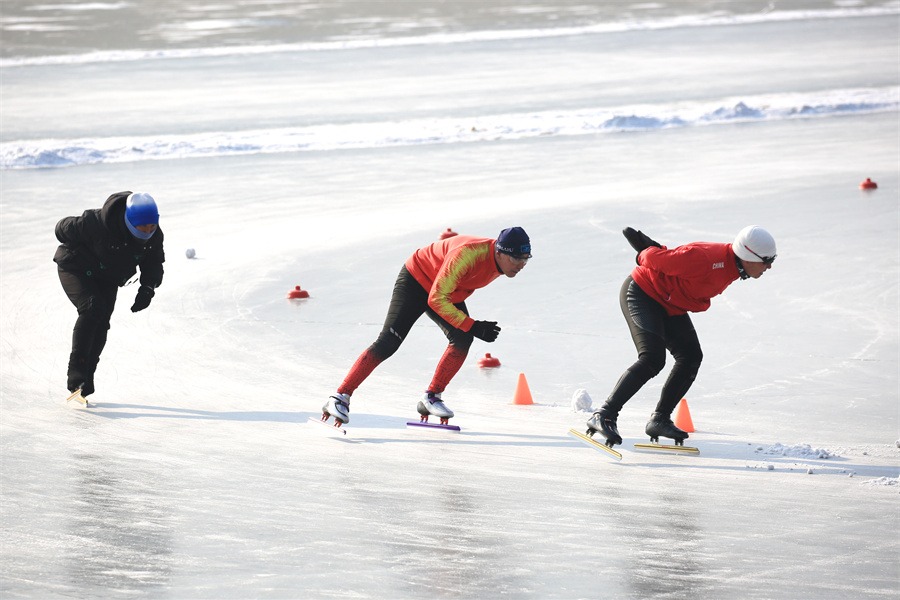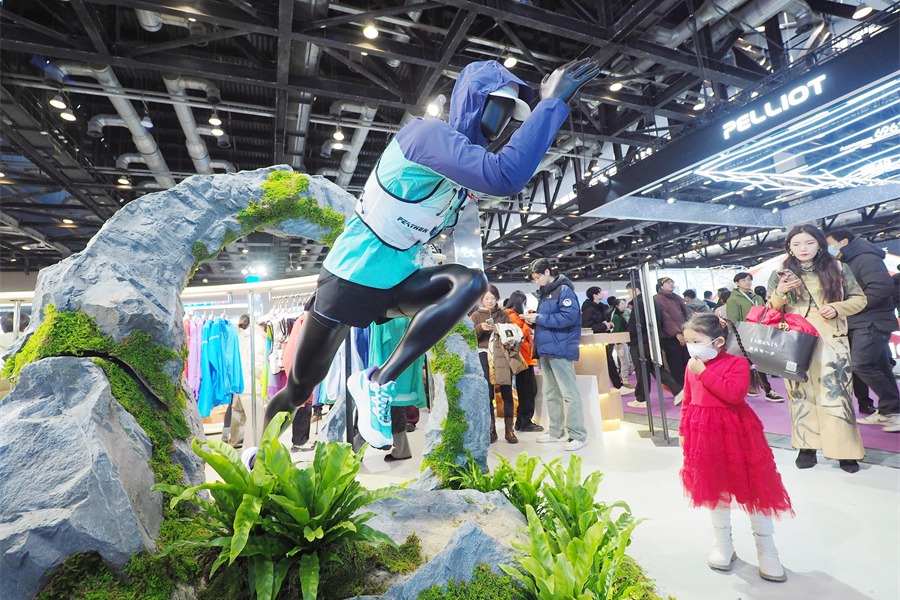Dealing with the homework pandemic

Believe it or not, homework, not smog or housing prices, is causing nervous breakdowns for Chinese parents. Chinese social media are full of stories about neighbors hearing parents yelling while helping their children with their homework.
Some parents literally get sick trying to help their children after a long, hard day at work. In an extreme case, at least according to social media, a parent suffered a heart attack due to the mounting pressure of a child's education.
School homework, of all things, is becoming a pandemic, putting strains on the school-parent relationship and the already delicate dynamics between parents and children. For example, an angry teacher in Shanghai deleted a parent from a WeChat group for whining about the absurdity of assignments.
As an instructional designer, I can say a lot about the educational aspects of proper assignment design that could minimize such issues, but none of what I suggest would have any impact if I ignored factors in the macro-environment that are creating problems for students and parents, as well as teachers and schools.
Teachers are enlisting the help of parents because they, too, face pressure in their work due to the increasing number of students in classess, especially in elite schools and schools that are left with no alternatives. School mergers are also causing a substantial increase in student-to-teacher ratios in consolidated schools. In less-developed regions with insufficient resources, some classes have as many as 70 students. It is a luxury in such circumstances to expect individual attention, especially in classes where students in the back rows can barely see the blackboard.
In order to make up for the deficiencies in learning in such environments, schools may have tapped into the anxiety of parents to provide preparatory or remedial help for children. Many school-parent social media groups have been formed to communicate class requirements, inadvertently establishing a social norm for parents to help children with their work.
Teachers' performance is, more than anything else, tied to students' achievements. Wedged between the problem of class size and demand for tangible examination results, teachers are hard pressed not to offload some of the work onto the parents. Some require parents to review students' work before it is submitted. As a result, parents involuntarily turn into teaching assistants by becoming homework helpers. Unaware of their own limits, some parents are initially glad to help until they also become exhausted.
The eventual solution should come from fair access to quality educational resources, especially with more investment in smaller schools.
Parents, in the meantime, should change their paradigm about learning. They should not allow schooling to occupy the center of their universe, sabotaging every other aspect of home life that can be formative for a child in an informal way. It is unwise to create more-of-the-same work for students when they return from school, having already spent hours doing such work. But aside from what teachers assign, paranoid parents often ask their children to prepare for the next module or semester far ahead of regular school schedules in order to gain a head start in the learning game.
Instead of behaving like this, parents should take a broader view of a child's education and development.
Education is also about getting physical exercise, playing sports, reading for fun and to gain knowledge, taking a dog for a walk, doing the laundry, helping with family business, talking with neighbors, visiting relatives, touring local factories and farms, enjoying a walk in nature, or even daydreaming. In short, it is about making the home a haven for a child, and making the growing-up process a practical learning experience.
The author is a US-based instructional designer, literary translator and columnist writing on cross-cultural issues.
(China Daily Africa Weekly 12/01/2017 page10)
Today's Top News
- Xi's article on further deepening reform comprehensively to be published
- Stellar Olympic performances spark craze for emerging sports
- US must respect China's core interests on Taiwan
- Adjustments to monetary policies eyed
- Xi extends congratulations to new president of Lebanon
- New quality productive forces revitalize 'old' sectors






























